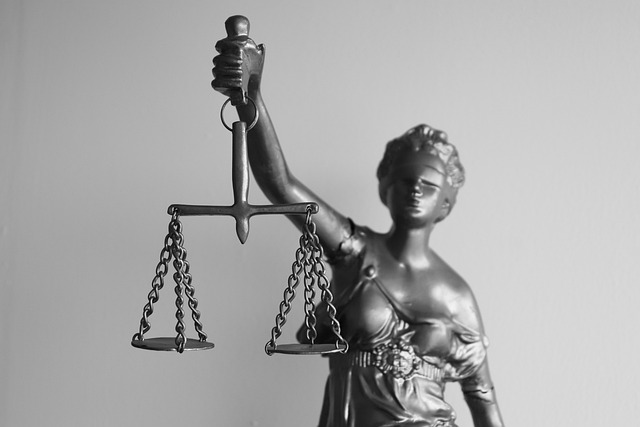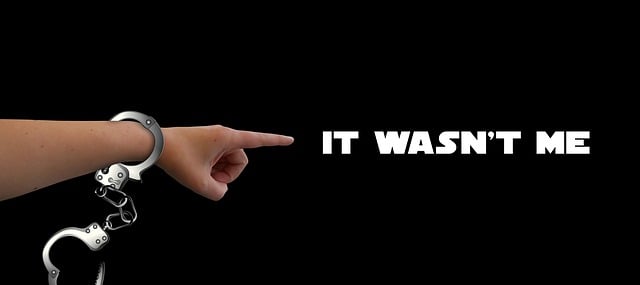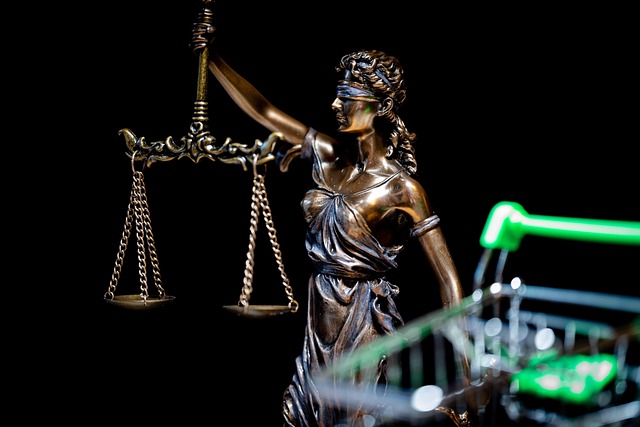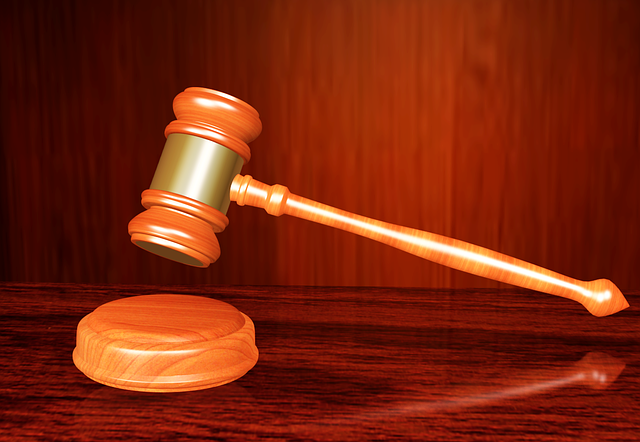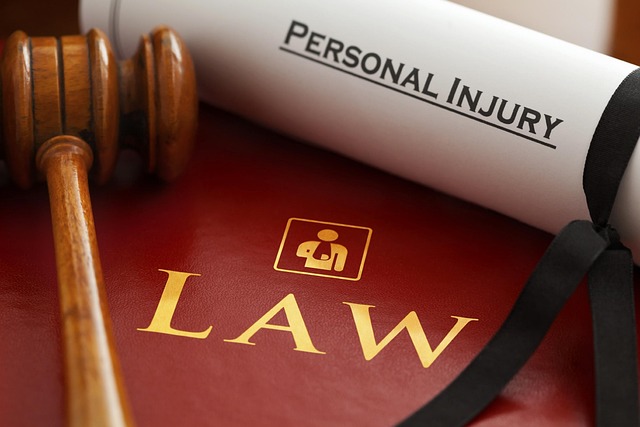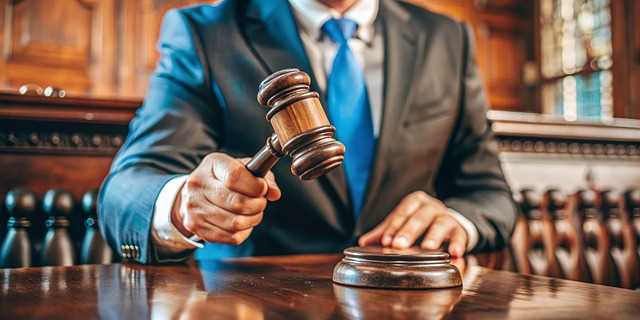In the pursuit of fair criminal defense, legal experts' criminal proceedings expertise is indispensable. They guide clients through investigations and trials, interpreting laws, evidence, and case histories to predict outcomes. By addressing biases rooted in societal stereotypes, these professionals ensure equitable treatment for all defendants. Strategic multi-faceted approaches, combined with up-to-date knowledge of laws and relationships within the justice system, enable them to achieve better outcomes and uphold a more just criminal justice system.
In the pursuit of justice, advocating for fair treatment in criminal defense cases is paramount. This article explores the intricate world of criminal proceedings and the vital role played by legal experts. We delve into the complexities of uncovering biases and preconceptions within the justice system, offering insights that empower advocates to ensure equal treatment. Through examining strategies for effective advocacy and the impact of expertise in building robust defenses, we aim to illuminate paths towards more just outcomes in criminal cases.
- Understanding Criminal Proceedings: The Role of Legal Experts
- Uncovering Biases and Preconceptions in the Justice System
- Strategies for Effective Advocacy: Ensuring Fair Treatment
- Building a Solid Defense: The Impact of Expertise on Criminal Cases
Understanding Criminal Proceedings: The Role of Legal Experts

Understanding criminal proceedings and their intricacies is a cornerstone for ensuring fair treatment in defense cases. This involves navigating complex legal systems, deciphering statutes, and interpreting evidence. Legal experts play a pivotal role here by providing specialized knowledge and skills. They guide clients through each step, from initial investigations to trials, ensuring their rights are protected.
These professionals possess the expertise to analyze case laws, predict potential outcomes, and develop robust defense strategies. Their insights into criminal procedures empower them to challenge illegal searches, interrogations, or evidence collection methods, safeguarding the interests of their clients. Effective legal representation is key to upholding justice and ensuring that every individual receives a fair trial.
Uncovering Biases and Preconceptions in the Justice System
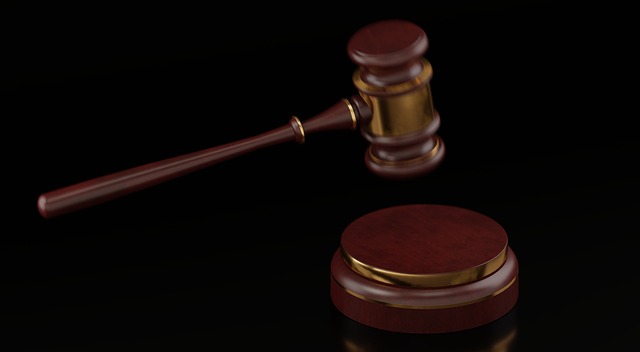
Uncovering biases and preconceptions within the justice system is an essential aspect of advocating for fair treatment in criminal defense cases. Studies have shown that implicit biases can influence decision-making processes, affecting everything from jury selection to sentencing. These biases often stem from societal stereotypes and generalizations about certain demographics, which can inadvertently impact the fairness of criminal proceedings.
Legal professionals with expertise in criminal defense play a crucial role in identifying and addressing these biases. They can employ strategic tactics during trials to mitigate potential prejudices, ensuring that every defendant receives a thorough and impartial evaluation based solely on the evidence presented. By recognizing and challenging preconceived notions, defenders contribute to a more equitable justice system where outcomes are determined by facts, not assumptions.
Strategies for Effective Advocacy: Ensuring Fair Treatment

Advocating for fair treatment in criminal defense cases requires a multi-faceted approach. One key strategy is to leverage one’s expertise in criminal proceedings. This involves deep knowledge of laws, regulations, and procedural steps that can significantly influence the outcome of a case. Criminal defense attorneys with this expertise can navigate complex legal landscapes, ensuring their clients’ rights are protected at every stage. They stay updated on recent changes in legislation and case law, enabling them to present compelling arguments in favor of their clients.
Additionally, effective advocacy includes building strong relationships with stakeholders, such as judges, prosecutors, and other defense attorneys. This networking can foster an environment conducive to fair treatment. By maintaining professional and respectful interactions, defenders can influence opinions, gain trust, and ultimately achieve better outcomes for their clients. This collaborative approach not only ensures that all parties are heard but also promotes a more just and equitable criminal justice system.
Building a Solid Defense: The Impact of Expertise on Criminal Cases
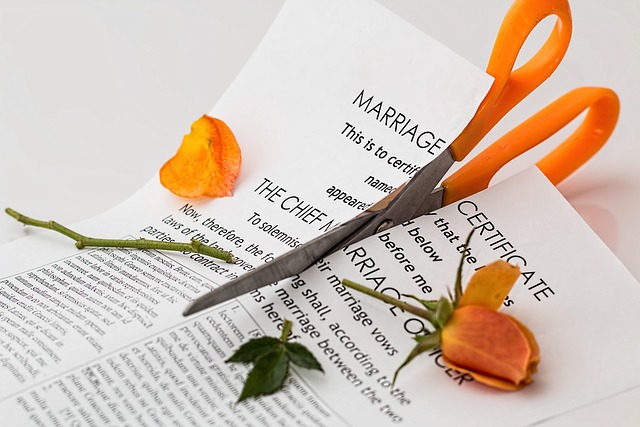
In criminal defense cases, building a solid defense strategy is paramount to ensuring fair treatment and achieving just outcomes. One of the most significant factors contributing to a robust defense is the expertise of legal professionals involved. The depth of knowledge and specialized skills possessed by defense attorneys play a crucial role in navigating complex criminal proceedings. Their expertise allows them to uncover critical evidence, challenge the prosecution’s arguments, and navigate the legal complexities that often arise in such cases.
Attorneys with experience in criminal law understand the intricacies of the system, including procedural rules, evidentiary standards, and potential pitfalls. This familiarity enables them to construct a comprehensive defense strategy tailored to each client’s unique circumstances. They can provide invaluable guidance on matters such as motion filing, cross-examination techniques, and potential plea bargains. Ultimately, their expertise significantly influences the outcome of criminal cases, safeguarding the rights of the accused and ensuring fairness throughout the legal process.

